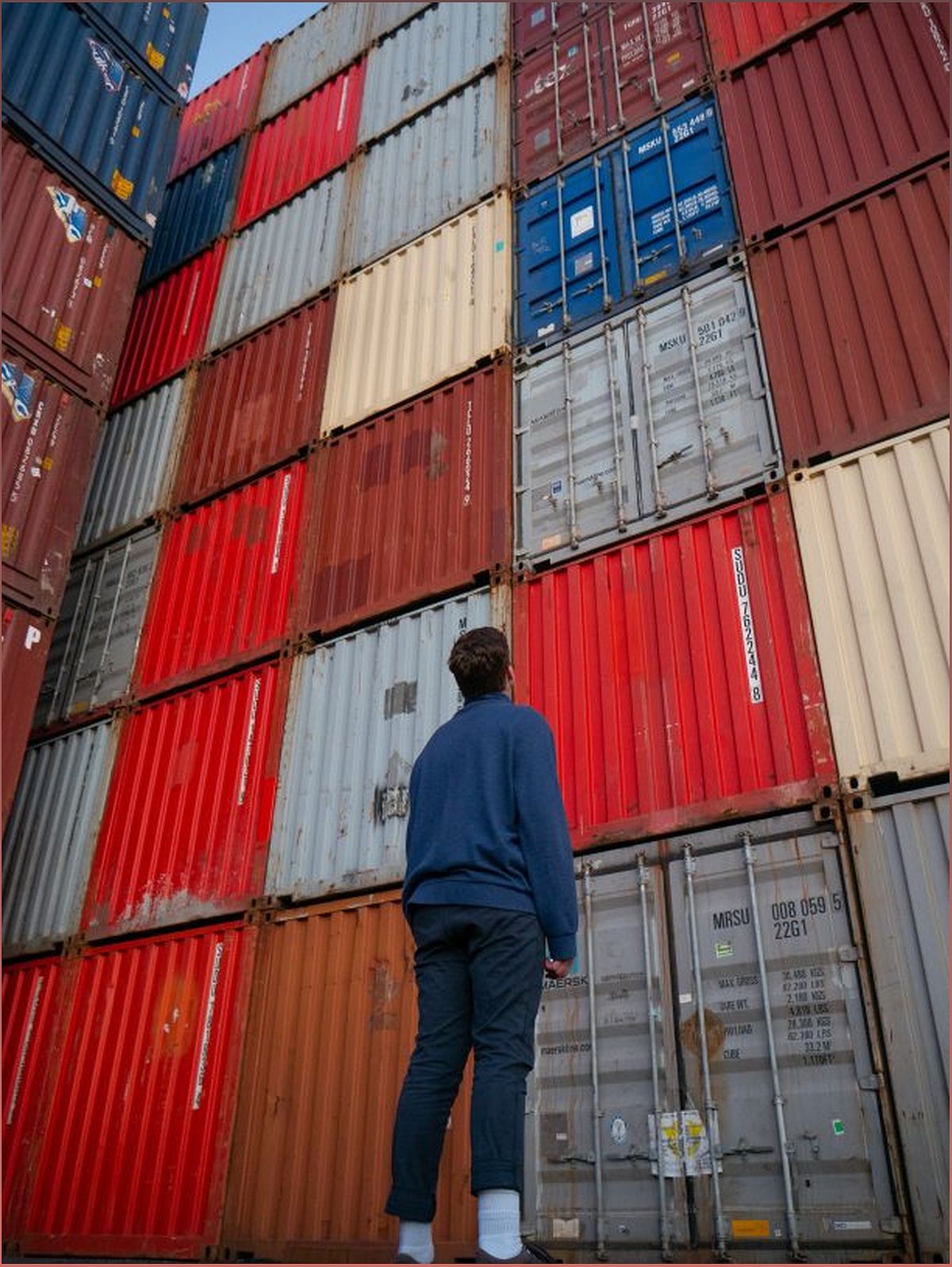Welcome to my article where I bring you exciting news about the completion of the European Union's ratification of a free trade agreement with New Zealand. In this article, we will explore the expected benefits for EU companies, the potential increase in bilateral trade, and the sustainability commitments that make this agreement truly remarkable. Stay tuned to discover how this agreement is set to shape trade relations between the EU and New Zealand!
Benefits of the EU-New Zealand Free Trade Agreement
Explore the expected benefits for EU companies and the potential increase in bilateral trade resulting from the EU-New Zealand Free Trade Agreement.
The EU-New Zealand Free Trade Agreement brings forth a plethora of benefits for EU companies. With an estimated annual reduction of duties by €140 million, EU exports are projected to grow by up to €4.5 billion per year. This opens up new export opportunities and strengthens trade relations between the EU and New Zealand.
Furthermore, the agreement is expected to increase bilateral trade by up to 30% within a decade, fostering economic growth and prosperity for both parties involved. EU investment in New Zealand is also set to rise by up to 80%, creating more avenues for collaboration and business expansion.
Sustainability Commitments in the EU-New Zealand Free Trade Agreement
Discover the sustainability commitments included in the EU-New Zealand Free Trade Agreement, highlighting the adherence to the Paris Climate Agreement and core labor rights.
The EU-New Zealand Free Trade Agreement goes beyond economic benefits and incorporates sustainability commitments. Both parties have committed to adhere to the Paris Climate Agreement, showcasing their dedication to combatting climate change and promoting sustainable practices.
The agreement also upholds core labor rights, ensuring fair and ethical treatment of workers. By integrating these sustainability commitments, the EU and New Zealand are setting a positive example for global trade agreements.
Enhancing EU Engagement in the Indo-Pacific Region
Learn how the EU-New Zealand Free Trade Agreement strengthens the EU's engagement in the Indo-Pacific region and fosters closer ties with New Zealand.
The EU-New Zealand Free Trade Agreement not only benefits the EU and New Zealand individually but also strengthens the EU's engagement in the Indo-Pacific region. By deepening trade relations with New Zealand, the EU is expanding its presence and influence in this strategically important part of the world.
This agreement serves as a stepping stone for the EU to forge closer ties with other countries in the Indo-Pacific region, contributing to the EU's goal of promoting peace, stability, and prosperity in the area.
Expanding Export Opportunities and Market Access
Discover how the EU-New Zealand Free Trade Agreement opens up new export opportunities for EU companies and improves market access in various sectors.
The EU-New Zealand Free Trade Agreement brings exciting prospects for EU companies by eliminating tariffs on EU exports to New Zealand. This opens up new export opportunities in sectors such as financial services, telecommunications, and transport.
Additionally, the agreement ensures non-discriminatory treatment for EU investors in New Zealand, improves access to government procurement contracts, facilitates data flows, and reduces compliance requirements. These measures enhance market access and create a favorable environment for EU businesses to thrive.
Promoting Sustainable Food Systems and Gender Equality
Learn how the EU-New Zealand Free Trade Agreement promotes sustainable food systems and gender equality, contributing to a more inclusive and equitable trade relationship.
The EU-New Zealand Free Trade Agreement integrates the EU's new approach to trade and sustainable development. It emphasizes the importance of sustainable food systems, ensuring that trade supports environmental sustainability and food security.
Furthermore, the agreement highlights the commitment to trade and gender equality, promoting women's empowerment and inclusivity in the trade relationship between the EU and New Zealand. These aspects make the agreement not only economically beneficial but also socially progressive.

